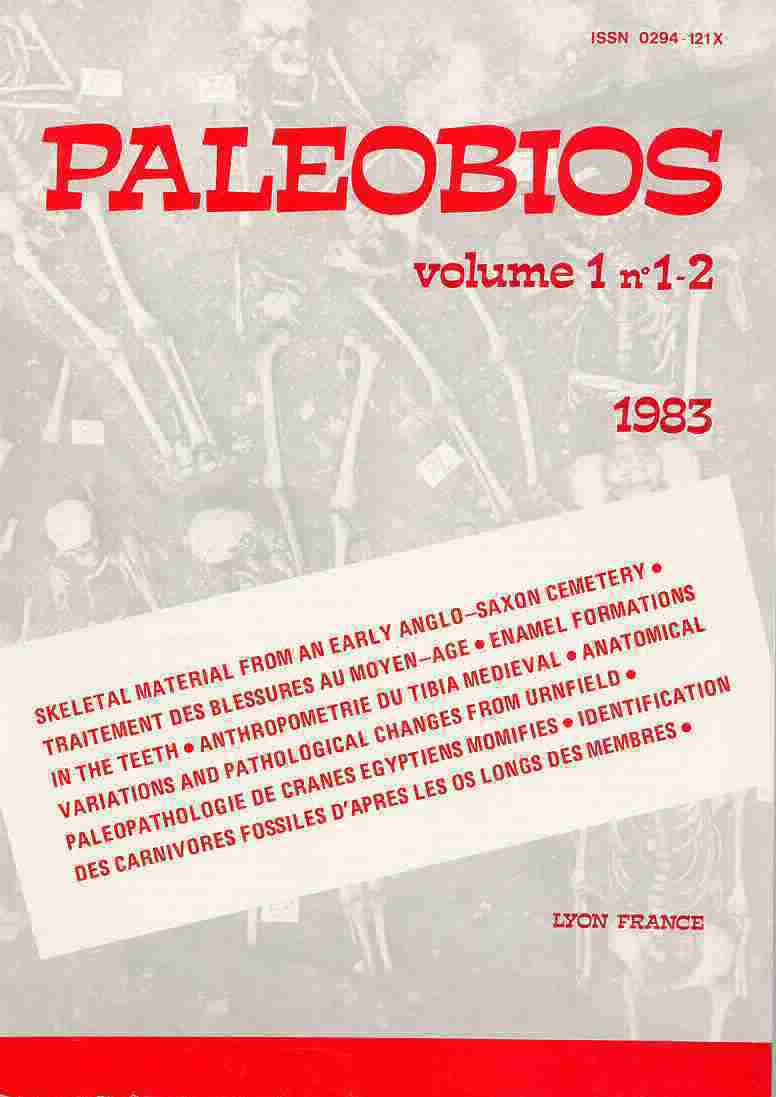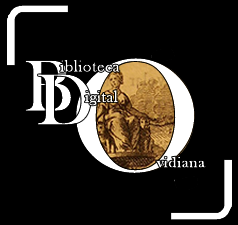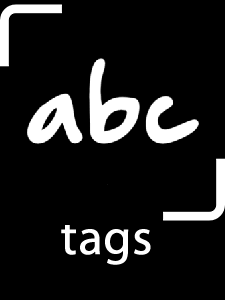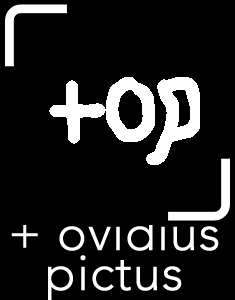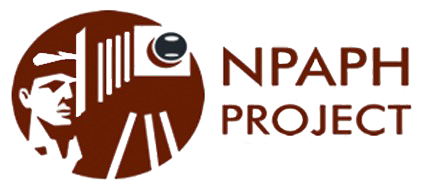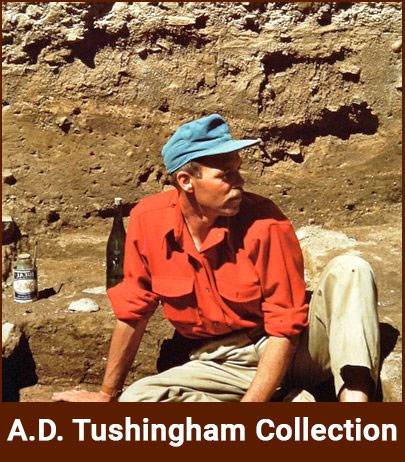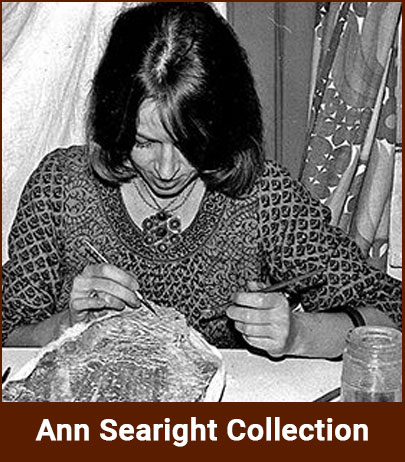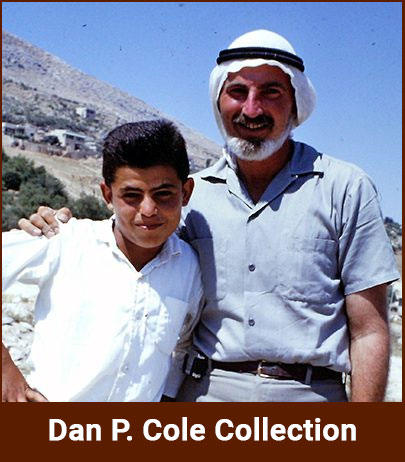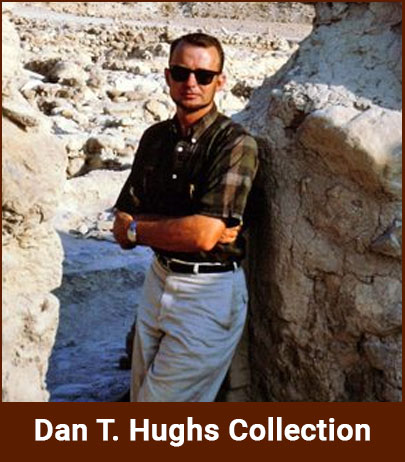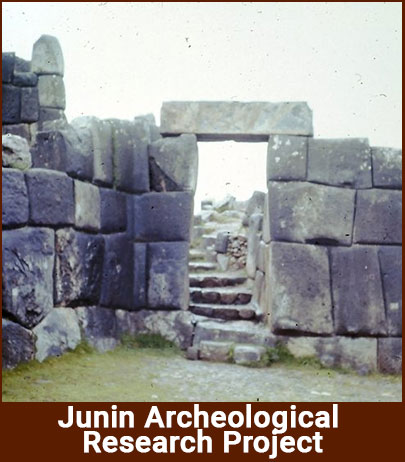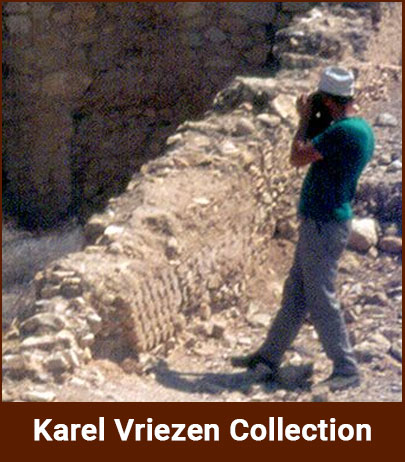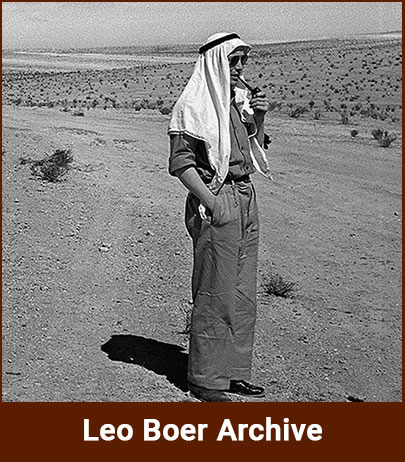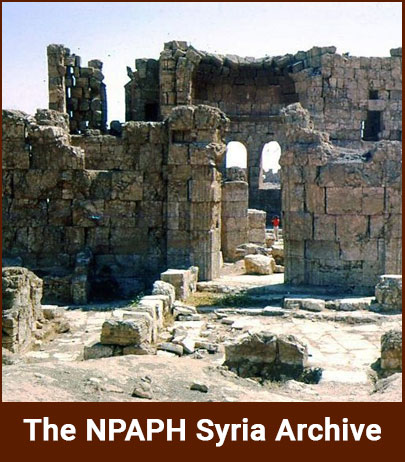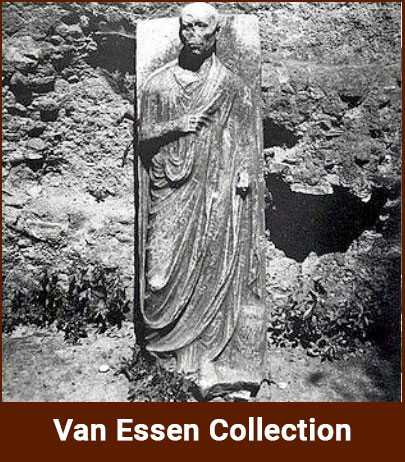[First posted in AWOL 5 November 2009. Updated 4 April 2019]
MELA Notes: The Journal of the Middle East Librarians Association
ISSN 0364-2410
![Middle East Librarians Association]()
MELA Notes: The Journal of the Middle East Librarians Association
ISSN 0364-2410

The Middle East Librarians Association begins to publish MELA Notes as part of its reason for being. If this publication will continue to be read it is because we now encourage you to recall us to our purposes by your contributions and notices, and because you heartily do so. Our gratitude to the Officers and other lead-off writers. Suffice the Editor’s fingerprints to be his faithful signature.
We “People of the Book” have special and professional ties with the civilizations of the Middle East especially since the rise of Islam. The many streams of consciousness of which we are a part long ago interested the rest of the international community, so we gather the books and make bibliophiles! Our imperial languages of past and recent history mellow as they bend to the task of interpretation and cooperation. Herewith please read our stated objectives:
It shall be the purpose of the Middle East Librarians Association to facilitate communication among Members through meetings and publications; to improve the quality of area librarianship through the development of standards for the profession and education of Middle East library specialists; to compile and disseminate information concerning Middle East libraries and collections and represent the judgment of the Members in matters affecting them; to encourage cooperation among Members and Middle East libraries, especially in the acquisition of materials and the development of bibliographic controls; to cooperate with other library and area organizations in projects of mutual concern and benefit; to promote research in and development of indexing and automated techniques as applied to Middle East materials.
James W. Pollock (Indiana University Library, Bloomington) — Editor, MELA Notes, in the first number (Fall 1973).
- MELA Notes 91 (2018)
- MELA Notes 90 (2017)
- MELA Notes 89 (2016)
- MELA Notes 88 (2015)
- MELA Notes 87 (2014)
- MELA Notes 86 (2013)
- MELA Notes 85 (2012)
- MELA Notes 84 (2011)
- MELA Notes 83 (2010)
- MELA Notes 82 (2009)
- MELA Notes 81 (2008)
- MELA Notes 80 (2007)
- MELA Notes 79 (2006)
- MELA Notes 78 (2005)
- MELA Notes 77 (2004)
- MELA Notes 75/76 (Fall 2002/Spring 2003)
- MELA Notes 73/74 (Fall 2001/Spring 2002)
- MELA Notes 71/72 (Fall 2000/Spring 2001)
- MELA Notes 69/70 (Fall 1999/Spring 2000)
- MELA Notes 67/68 (Fall 1998/Spring 1999)
- MELA Notes 65/66 (Fall 1997/Spring 1998)
- MELA Notes 64 (Spring 1997)
- MELA Notes 63 (Spring 1996)
- MELA Notes 62 (Spring 1995)
- MELA Notes 61 (Fall 1994)
- MELA Notes 60 (Spring 1994)
- MELA Notes 58/59 (Winter/Spring 1993)
- MELA Notes 56/57 (Spring/Fall 1992)
- MELA Notes 54 (Fall 1991)
- MELA Notes 53 (Spring 1991)
- MELA Notes 52 (Winter 1991)
- MELA Notes 50/51 (Spring/Fall 1990)
- MELA Notes 49 (Winter 1990)
- MELA Notes 48 (Fall 1989)
- MELA Notes 47 (Spring 1989)
- MELA Notes 46 (Winter 1989)
- MELA Notes 45 (Fall 1988)
- MELA Notes 44 (Spring 1988)
- MELA Notes 43 (Winter 1988)
- MELA Notes 42 (Fall 1987)
- MELA Notes 41 (Spring 1987)
- MELA Notes 40 (Winter 1987)
- MELA Notes 39 (Fall 1986)
- MELA Notes 38 (Spring 1986)
- MELA Notes 37 (Winter 1986)
- MELA Notes 36 (Fall 1985)
- MELA Notes 35 (Spring 1985)
- MELA Notes 34 (Winter 1985)
- MELA Notes 33 (Fall 1984)
- MELA Notes 32 (Summer 1984)
- MELA Notes 31 (Winter 1984)
- MELA Notes 30 (Fall 1983)
- MELA Notes 29 (Summer 1983)
- MELA Notes 28 (Winter 1983)
- MELA Notes 27 (Fall 1982)
- MELA Notes 26 (Spring 1982)
- MELA Notes 25 (February 1982)
- MELA Notes 24 (October 1981)
- MELA Notes 23 (May 1981)
- MELA Notes 22 (February 1980)
- MELA Notes 21 (October 1980)
- MELA Notes 20 (May 1980)
- MELA Notes 19 (February 1980)
- MELA Notes 18 (October 1979)
- MELA Notes 17 (May 1979)
- MELA Notes 16 (February 1979)
- MELA Notes 15 (October 1978)
- MELA Notes 14 (May 1978)
- MELA Notes 13 (February 1978)
- MELA Notes 12 (October 1977)
- MELA Notes 11 (May 1977)
- MELA Notes 10 (February 1977)
- MELA Notes 9 (October 1976)
- MELA Notes 8 (May 1976)
- MELA Notes 7 (February 1976)
- MELA Notes 6 (October 1975)
- MELA Notes 5 (April 1975)
- MELA Notes 4 March 1975 (Part 1 / Part 2)
- MELA Notes 3 (October 1974)
- MELA Notes 2 (April 1974)
- MELA Notes 1 (1973







